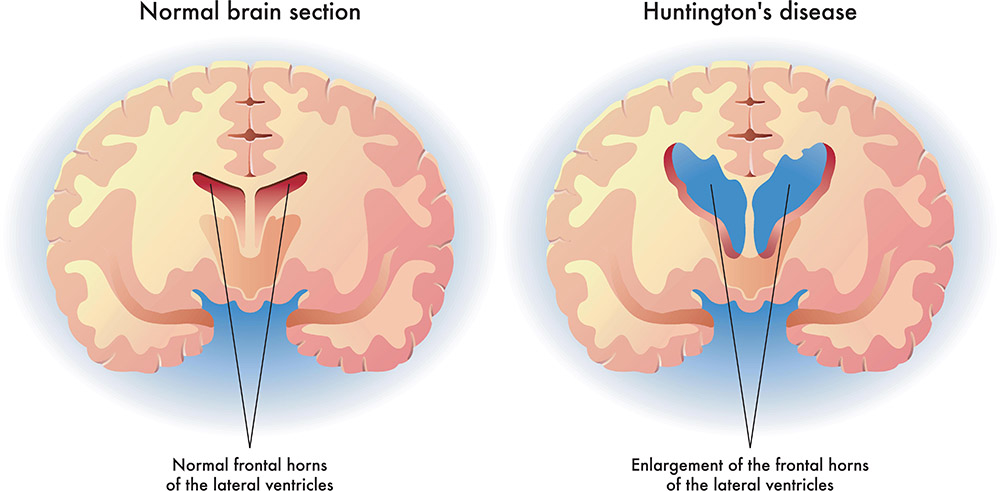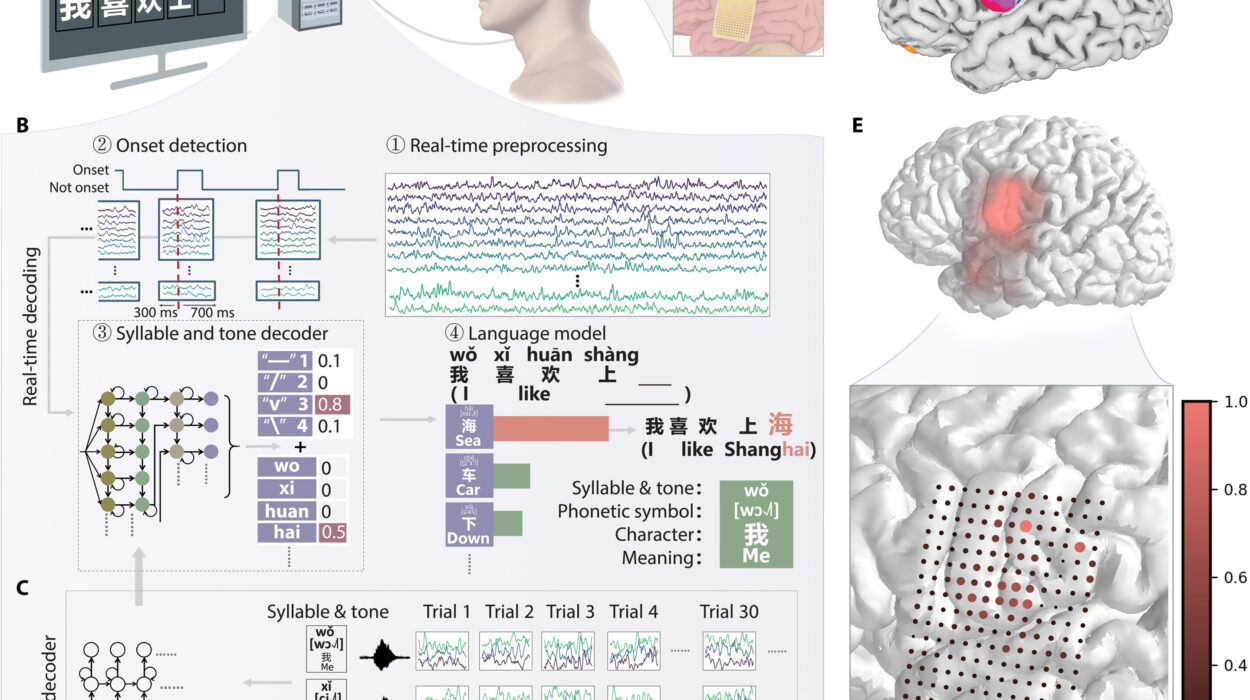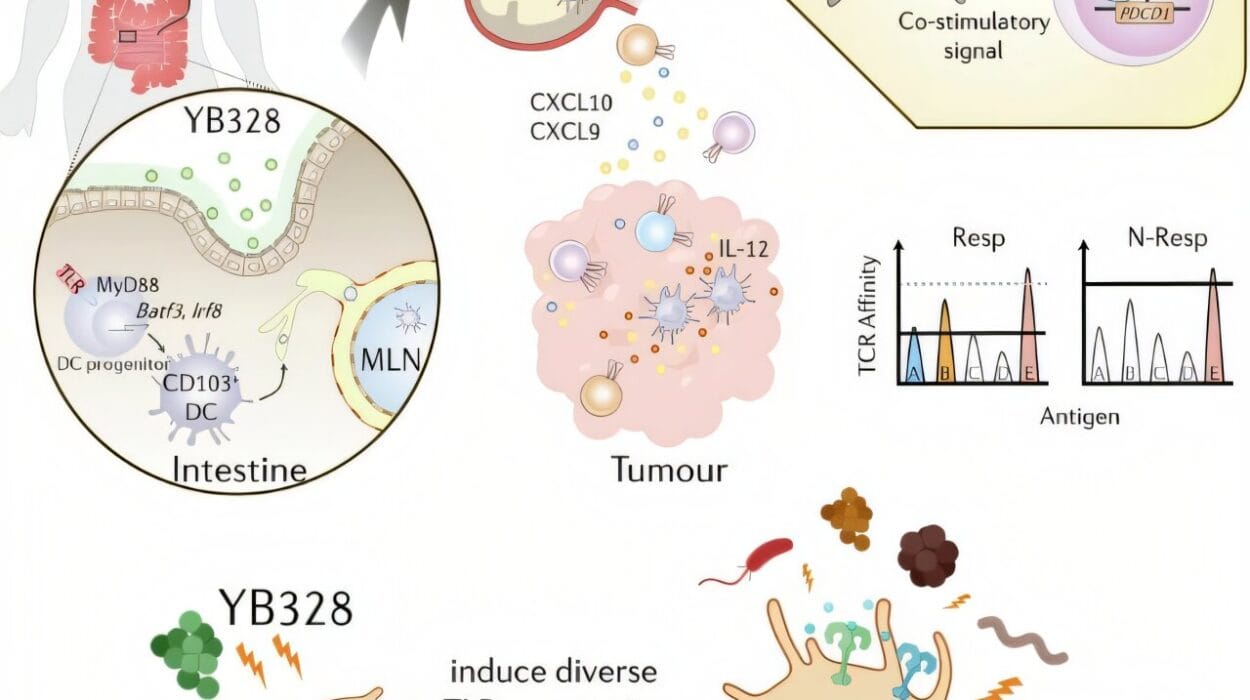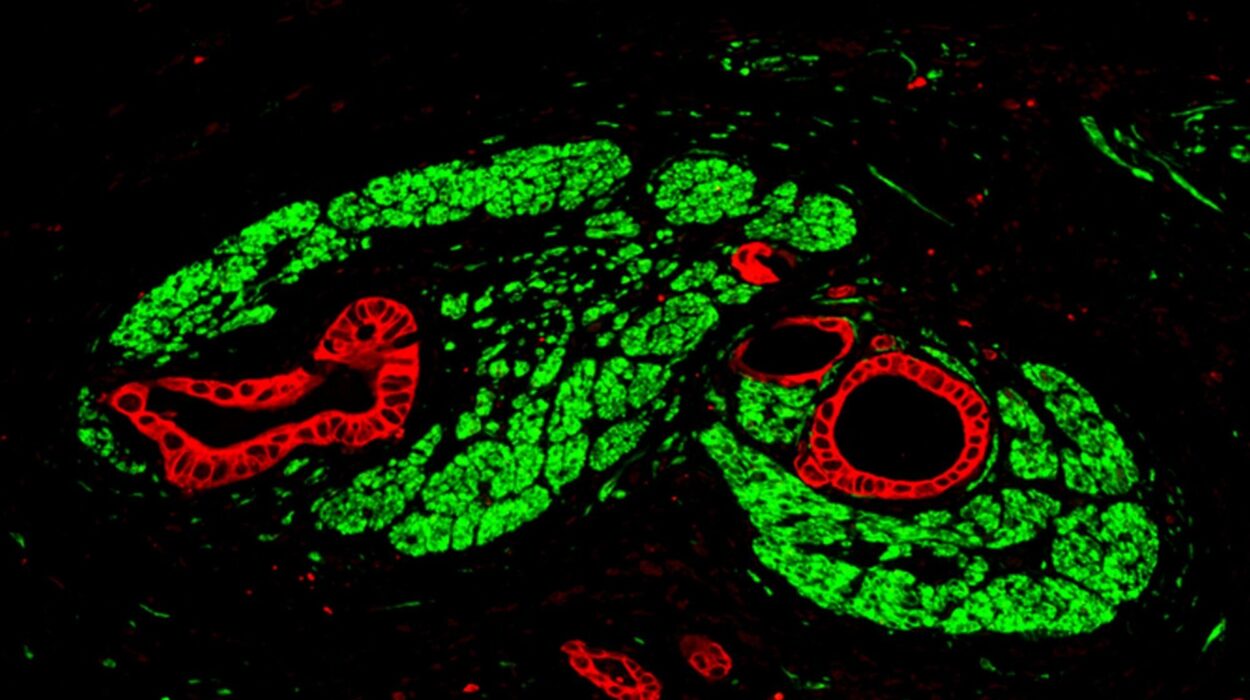Childbirth is one of life’s most profound transformations—not only for the new life entering the world but for the body and heart of the person who has given birth. In the days, weeks, and months after delivery, the body is in a state of constant transition. Hormones fluctuate, muscles recover, and the very architecture of the pelvis, abdomen, and breasts changes.
This is not just a physical shift; it is a deeply emotional one. The body you knew before pregnancy may feel like a distant memory. Your skin has stretched and softened in places, your breasts may feel fuller or more tender, and sensations may differ from what you once knew. The mirror can feel like a stranger’s reflection, and the idea of sexual intimacy may bring a mix of curiosity, longing, apprehension, or even disinterest.
For many, the early postpartum period is a whirlwind of feeding schedules, sleepless nights, and endless caretaking. Intimacy may seem like a luxury or even an impossibility. And yet, sexual connection—whether rekindled quickly or slowly—can become an important part of healing, bonding, and rediscovering your own sense of self.
The Physiology of Postpartum Recovery
From a biological perspective, the postpartum period—often referred to as the “fourth trimester”—is a continuation of pregnancy in many ways. The uterus, which expanded to accommodate your baby, begins contracting back to its pre-pregnancy size, a process that can take up to six weeks or longer. Hormones like progesterone and estrogen, which were at pregnancy-high levels, drop dramatically after birth, sometimes contributing to vaginal dryness, lowered libido, and emotional fluctuations.
For those who have had a vaginal birth, the pelvic floor muscles may have been stretched or even injured, leading to changes in sensation and sometimes discomfort. Stitches from tears or episiotomies need time to heal. Those who’ve had a cesarean section face a different recovery—abdominal muscles are healing from surgical incision, and tenderness in the lower belly may persist for weeks.
Breastfeeding adds another layer to this hormonal landscape. The hormone prolactin, essential for milk production, can suppress ovulation and reduce estrogen levels, sometimes prolonging vaginal dryness. Oxytocin, however—the “love hormone” released during breastfeeding—can enhance feelings of emotional closeness, which may in time spill over into sexual intimacy.
Emotional Readjustment and Desire
Sex after childbirth is rarely just a physical act—it is deeply tied to how a new parent feels about their body and their role. Many parents describe feeling as if their body belongs more to their baby than to themselves during those first months. The mental space once available for erotic desire may now be consumed by thoughts of feeding schedules, diaper changes, and recovery.
Some may find that desire returns quickly—sparked by moments of connection with a partner or the comfort of physical touch. Others may go months before they feel a stir of sexual interest. Both experiences are normal. Libido is shaped not only by hormones but by exhaustion, stress levels, self-image, and the quality of the relationship with a partner.
Communication becomes crucial here. When both partners understand that changes in sexual interest are not a rejection but a natural part of postpartum recovery, it removes pressure and allows intimacy to rebuild in its own time.
The First Steps Toward Physical Intimacy
Medical professionals often recommend waiting at least six weeks after childbirth before resuming penetrative sex, primarily to allow for healing and to reduce the risk of infection. But “sex” is not limited to penetration. Touch, kissing, cuddling, and non-penetrative pleasure can all be part of rekindling intimacy long before full intercourse feels right.
When physical intimacy does begin again, patience is key. The body may respond differently than before—what once felt pleasurable might now feel sensitive or even uncomfortable. Lubrication can make a significant difference, particularly for those experiencing postpartum dryness. Taking time for extended foreplay, gentle exploration, and open feedback helps create a safe space for pleasure to re-emerge.
For some, the first attempt at postpartum sex can be unexpectedly emotional. Tears, laughter, and awkwardness are all normal. The key is to approach it not as a performance but as a journey of rediscovery, without expectation of “getting it right” immediately.
Navigating Pain and Discomfort
Pain during sex after childbirth—known as dyspareunia—is relatively common, particularly in the months following delivery. This can be due to a variety of factors: scar tissue from stitches, vaginal dryness, pelvic floor tension, or hormonal changes. If discomfort persists, it’s important to seek support rather than endure it silently.
Pelvic floor physical therapists can work with postpartum individuals to restore strength, flexibility, and comfort in these muscles. Gentle exercises, guided stretches, and sometimes medical interventions can greatly improve both physical sensation and confidence in the body’s ability to experience pleasure again.
It’s also essential to listen to your own boundaries. Resuming intimacy too soon or ignoring pain can not only cause physical setbacks but also create emotional distance. Healing is not a race—it is a personal, gradual process.
Redefining Sensuality and Connection
One of the most liberating truths about postpartum intimacy is that it does not need to look like it did before pregnancy. In fact, it often becomes richer when freed from the expectation of “returning to normal.”
Sensuality can be found in small, everyday moments: the warmth of a partner’s hand on your back, a lingering kiss in the kitchen, a shared shower, the comfort of lying together after the baby has finally fallen asleep. These gestures build intimacy without requiring a specific outcome.
For many couples, exploring new forms of pleasure becomes part of this chapter—whether through gentle massages, shared fantasies, or simply learning what feels good in a changed body. Some find that the emotional depth of parenthood brings a new dimension to their sexual connection, even if the frequency of sex is lower.
The Role of Partners in Postpartum Intimacy
Partners play a pivotal role in how sexual connection unfolds after childbirth. Understanding, patience, and active participation in both childcare and emotional support can help reduce the physical and mental load on the postpartum parent. When the work of caring for a newborn is shared, there is more space—mentally and physically—for intimacy to grow.
Open conversations about expectations, desires, and boundaries can prevent misunderstandings. A partner who recognizes that attraction and sexual readiness are deeply intertwined with feeling emotionally supported will naturally help foster a healthier, more fulfilling connection.
When Intimacy Feels Far Away
There are times when sex after childbirth feels not only physically challenging but emotionally unreachable. Postpartum depression, anxiety, or trauma from a difficult birth can all dampen sexual desire. In such cases, intimacy may need to begin far from the bedroom—through conversations, affection, or therapy—before it can evolve into a physical connection.
Seeking help from mental health professionals, postpartum support groups, or sex therapists can provide a safe space to process these feelings. Intimacy, at its best, is not about rushing toward sex but about nurturing trust, safety, and closeness in all its forms.
The Gradual Return of Desire
For many, desire returns quietly—sometimes unexpectedly. It might be sparked by a moment of laughter with a partner, the feel of sunlight on your skin during a rare quiet morning, or the pleasure of simply feeling rested after a long stretch of sleepless nights.
This return is not a sign of “getting back to who you were” but of evolving into a new version of yourself—one who has lived through the transformation of childbirth and come out the other side with a deeper understanding of your own needs, boundaries, and sources of joy.
Embracing the New Chapter
The postpartum body tells a story—a story of creation, endurance, and change. It may carry new scars, new softness, and new strengths. Sex and intimacy after childbirth are not about erasing these changes but about embracing them as part of a richer, more complex self.
With patience, honesty, and tenderness, sexual connection after childbirth can become not just a return to something familiar but the discovery of something entirely new—something built on resilience, vulnerability, and a shared journey into the unknown.






